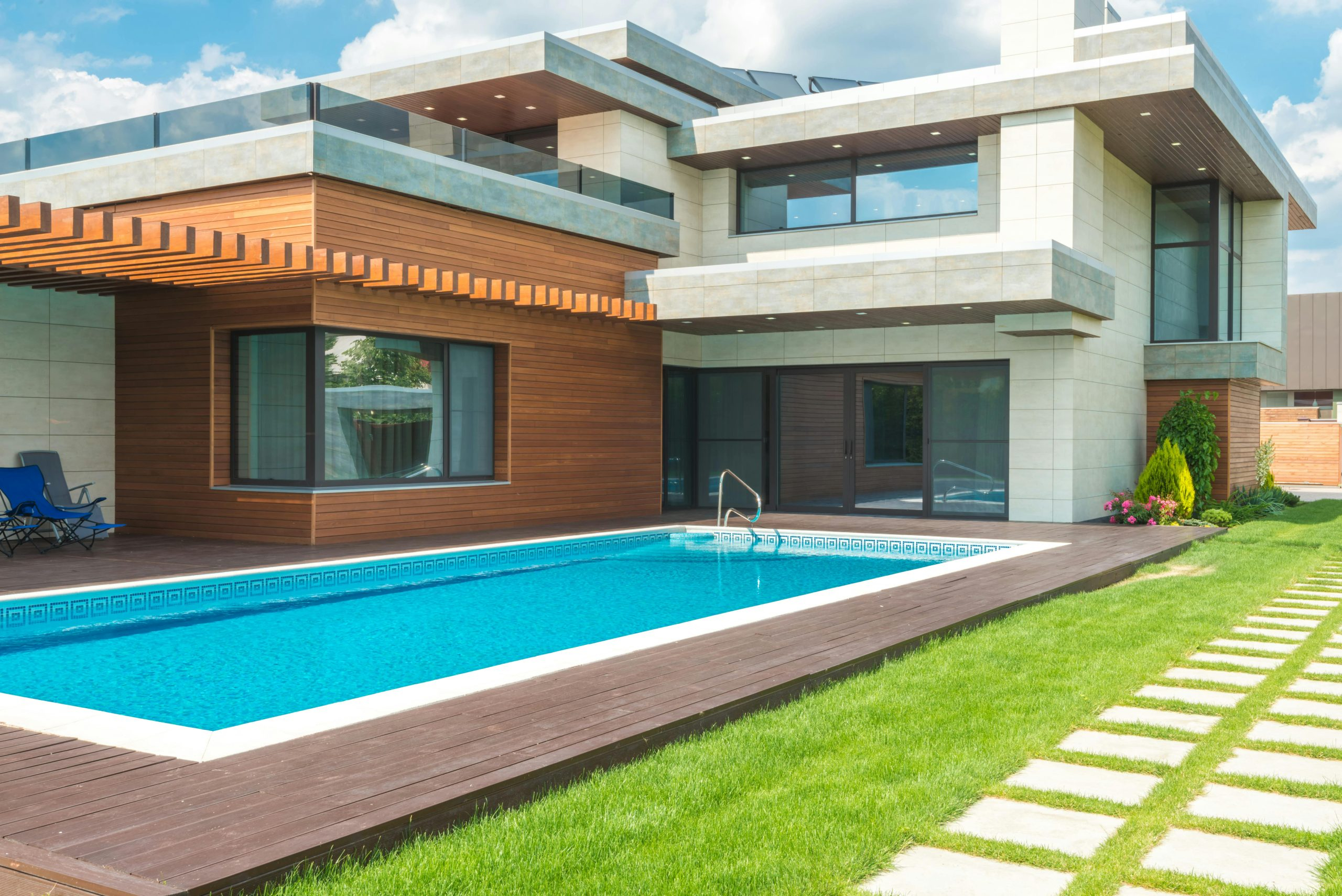Net-Zero Energy Homes: How Solar Integration is Redefining Property Values
Picture your dream home. It could be a sprawling villa by the beach or a cozy cabin in the mountains. No matter what shape, size or location, one aspect that almost all homeowners aspire for is energy efficiency. With rising electricity bills and increasing awareness about sustainable living, people are looking for ways to reduce their carbon footprint and save money. This is where net-zero energy homes come into the picture.
What are Net-Zero Energy Homes?
Net-zero energy homes, also known as zero-net energy (ZNE) homes, are residential buildings that generate as much energy as they consume over the course of a year. These homes are designed to be highly energy efficient, with the use of renewable energy sources such as solar panels, wind turbines, and geothermal systems. This means that these homes produce almost as much energy as they consume, resulting in a net-zero energy usage.
Why are Net-Zero Energy Homes gaining popularity?
In recent years, there has been a growing global concern about climate change and the need to reduce carbon emissions. With the residential sector accounting for a significant chunk of energy consumption, net-zero energy homes have gained popularity as an effective way to combat climate change. Additionally, these homes can help homeowners save on electricity bills in the long run, making them financially attractive as well.
The Role of Solar Integration in Net-Zero Energy Homes
The key to achieving a net-zero energy home is the integration of solar energy. Solar panels are installed on the roof of the house, which captures the energy from the sun and converts it into electricity. This electricity is then used to power the home’s appliances, lighting, and heating and cooling systems. Any excess energy can be stored in batteries or fed back into the power grid, earning credits for the homeowner.
The Impact of Net-Zero Energy Homes on Property Values
Net-zero energy homes are redefining the concept of property values. With energy costs on the rise and the growing demand for sustainable living, these homes are becoming highly desirable among buyers. According to a study by the Net-Zero Energy Coalition, net-zero energy homes have a higher resale value compared to traditional homes, with some properties selling for as much as 30% above the market price.
Energy Savings
The primary benefit of a net-zero energy home is the significant reduction in energy bills. As these homes produce their own energy, homeowners can save a considerable amount of money on monthly electricity expenses. This cost-saving potential makes these homes an attractive investment for potential buyers.
Sustainability and Environmental Impact
Net-zero energy homes are designed to have a minimal carbon footprint, making them an environmentally friendly choice. As more and more people become aware of the need to reduce their impact on the environment, these homes are becoming highly desirable. Green features such as solar panels, energy-efficient appliances, and sustainable building materials add value to these properties and can increase their resale value.
Increased Demand and Limited Supply
The demand for net-zero energy homes is on the rise, but the supply is relatively limited. As a result, these properties tend to hold their value and have a higher resale value. Additionally, as energy codes and regulations become stricter, the demand for net-zero energy homes is expected to increase further, making them a sound investment for the future.
The Future of Net-Zero Energy Homes
The future looks bright for net-zero energy homes. With technological advancements and falling costs of solar panels and other renewable energy sources, these homes are becoming more accessible to the average homeowner. As the world shifts towards a more sustainable future, net-zero energy homes will play a crucial role in reducing our carbon footprint and preserving the environment for future generations.
In conclusion, net-zero energy homes are not only changing the way we think about sustainability and energy efficiency, but they are also redefining property values. With the incorporation of solar integration, these homes are not only environmentally friendly but also financially beneficial for homeowners. The future of net-zero energy homes is promising, and it’s safe to say that they are here to stay. So, if you’re in the market for a new home, consider investing in a net-zero energy home and join the movement towards a greener, more sustainable future.











